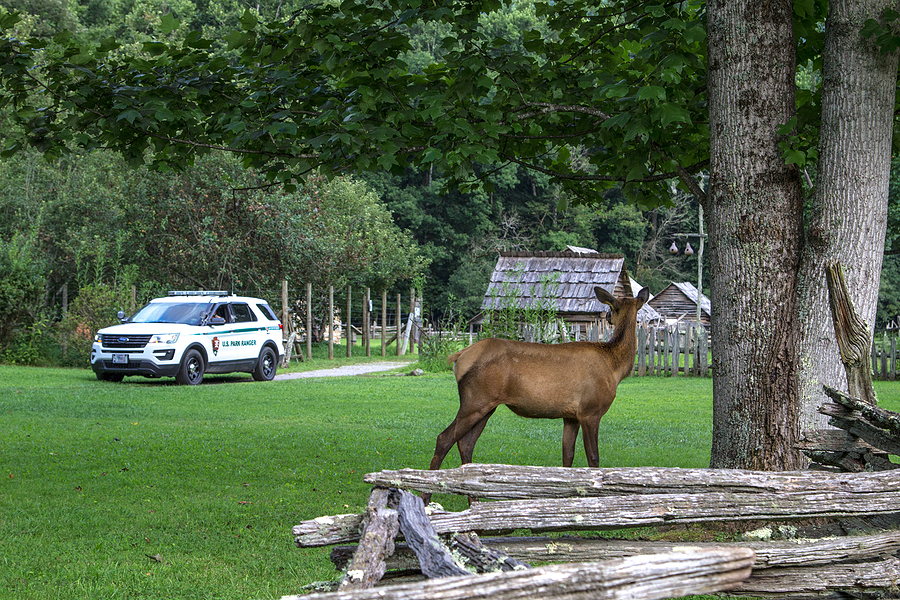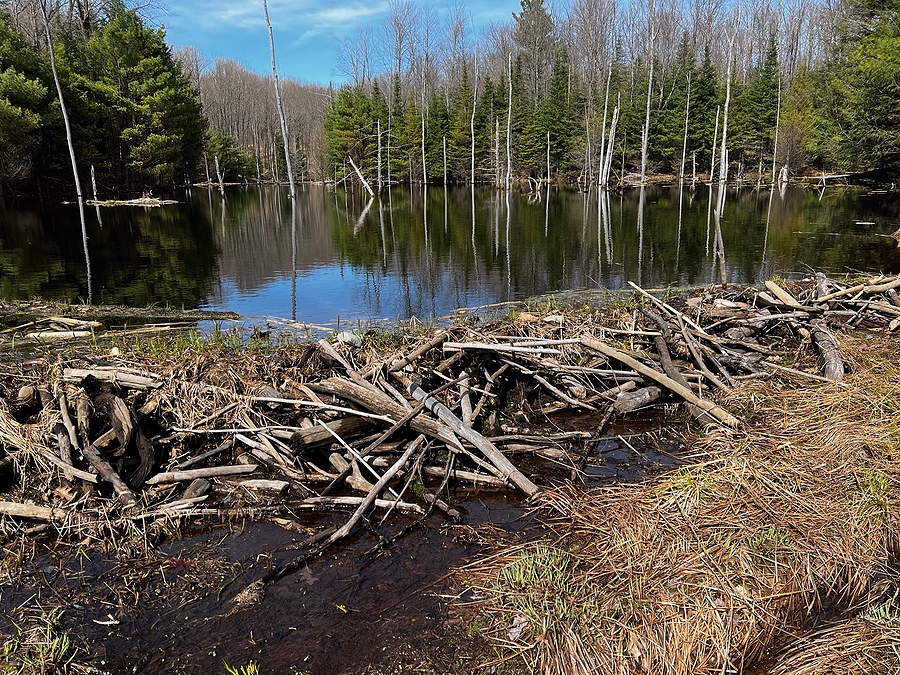Nestled within the heart of the beautiful Smoky Mountains, Nashville is home to a diverse array of wildlife, a living testament to nature’s bounty. Yet, with the intersection of human and animal habitats, the need for responsible wildlife control becomes paramount. This blog aims to shed light on the vital role that responsible wildlife control plays in maintaining Nashville’s delicate ecosystem.
By exploring the intricacies of wildlife conservation, we will delve into how we can coexist peacefully with our wild neighbors, ensuring their survival while protecting our own interests. Join us as we traverse the verdant landscapes of Nashville and the Smoky Mountains, understanding the need for balance in our shared environment.

Protecting Wildlife for Future Generations
The Smoky Mountains have long been a haven for wildlife, with over 800 square miles of protected land to call home. This vast expanse is home to numerous species, including black bears, elk, and deer. However, with the increasing human population in Nashville and surrounding areas, protecting these animals becomes increasingly challenging. Responsible wildlife control is crucial in maintaining a healthy population of these species for future generations to appreciate and enjoy.
Striking a Balance between Human and Wildlife Habitats
As humans continue to expand their footprint on the planet, we inevitably encroach on the natural habitats of animals. This can lead to conflicts between human and wildlife populations, with animals often being seen as nuisances or potential threats. However, responsible wildlife control seeks to find a balance between human and animal habitats by implementing humane and sustainable methods to manage wildlife populations. This includes techniques such as habitat modification, relocation, and non-lethal deterrents. By striking this balance, we can coexist peacefully with our wild neighbors while protecting our homes and businesses from potential damage caused by their presence.
The Essential Role of Wildlife Conservation
Wildlife conservation goes hand in hand with responsible wild animal control. By conserving natural habitats and protecting endangered species, we can ensure the long-term survival of these animals. In Nashville, the Smoky Mountains serve as a critical area for wildlife conservation efforts. With pristine forests, streams, and mountains, this region provides an ideal environment for various species to thrive. By implementing responsible critter control, we can preserve this natural balance and continue to protect Nashville’s diverse wildlife for generations to come.
The Call for Responsible Wildlife Control
As the population in Nashville continues to grow, so does the need for responsible wildlife abatement and control. It is imperative that we take proactive measures to ensure the well-being of both humans and animals. By working together, we can find solutions that benefit all parties involved, striking a balance between human and wildlife needs. Remember, responsible wildlife management is not just about protecting ourselves; it’s about preserving the natural world for future generations to enjoy. Next time you encounter a wild animal in Nashville or the Smoky Mountains, remember their vital role in our ecosystem and act responsibly towards their presence. Together, we can ensure the sustainability of our beautiful city and its inhabitants for years to come.
Final takeaway
Nashville’s ecosystem is a delicate balance between humans and wildlife. Responsible critter control plays a crucial role in maintaining this balance, protecting both human interests and the well-being of wild animals. By understanding the importance of coexisting with our wild neighbors and implementing responsible practices, we can ensure a harmonious relationship with the natural world around us.
Let us work together to preserve Nashville’s beautiful ecosystem and its diverse wildlife for future generations to experience and appreciate. So, always remember – be responsible, be kind, and coexist peacefully with our wild neighbors in Nashville and the Smoky Mountains.
Are you concerned about the nuisance wildlife on or around your property? Contact Smoky Wildlife Control at 615-610-0962 for TWRA licensed and insured wildlife removal and control services in Nashville, Tennessee, and surrounding counties. We serve residential and commercial clients.
Related Posts:
Exploring the Role of Synanthropes in Urban Areas
Why You Should Not Feed the Wild Animals Around Your House
Top Nuisance Animals to Watch Out For This Fall and Winter

